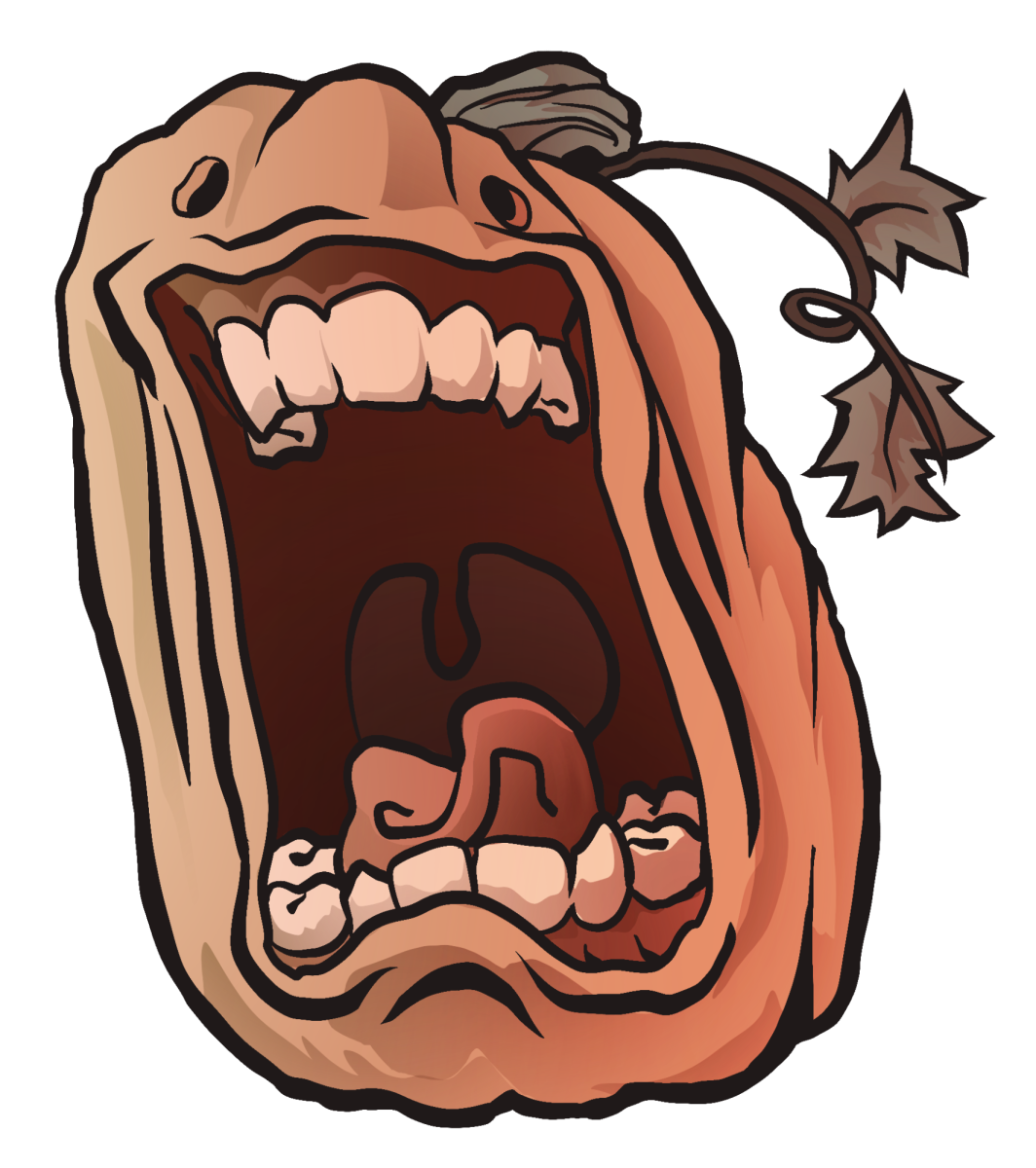The college environment is a breeding ground for stress. Students can either develop coping strategies or lose their minds. While many strategies may be available, a number of them aren’t exactly healthy. The best way, in this personal trainer’s humble opinion, is to sweat the stress away.
Exams, quizzes and homework assignments pile up in one class after another without regard or concern about the existence of other classes. Exams in particular always seem to happen on the same day, or at the very least, the same week. Adding work responsibilities to the mix dials the stress level to maximum.
So much stress does terrible things to the mental, emotional and physical well-being of a student. Consequently, grades suffer and some individuals begin to lose the battle with depression.
Coping with stress becomes essential to both academic and literal survival. Many students find the path to coping through consuming copious amounts of alcohol or drugs. Unfortunately, such tactics are self-destructive and carry their own short and long term consequences.
Exercise, on the other hand, is not only something that can decrease stress, but it’s also healthy. There are multiple benefits of utilizing exercise to deal with stress that range from physiological to therapeutic.
When a person gets moving through whichever exercise modality they choose, they trigger the release of neurochemicals within the brain. Those chemicals, in turn, create a different response within the brain to deal with stress.
This allows the brain the ability to relax when needed and can improve sleep. Not only can a person get to sleep easier, the quality of their sleep will be enhanced. As previously discussed in “Trainer talk: Sleeping for fitness,” the quality of sleep impacts academic performance.
Increased academic performance means less stress caused by failing grades and an improved self-image. With greater confidence, students are able to more effectively deal with the various stressors they face and are less likely to do anything damaging to themselves or their academic career.
Beyond the physiology, there’s a peace of mind that can be enjoyed when challenging oneself physically. All the science aside, all the superficial aspects notwithstanding, sometimes exercising is just pure therapy.
I can enter a gym filled with frustration and anger over my latest chemistry exam and thinking unflattering thoughts about my professor. Sometimes such thoughts and emotions are going so strong they encompass the entirety of focus.
Though I try not to use negative emotions to fuel my workouts, sometimes the overwhelming nature of exam results and their implication on the future may easily bleed into the intensity of the exercise.
However, midway through a high intensity bout of exercise, my focus becomes nothing other than getting through the next rep, the next second, followed by another rep, another second. My mind is only able to grasp the burning muscles, the gasping breath and the pounding pulse.
In those moments, there is no exam, there is no chemistry or any other course. Those moments are pure and without outside concern. No value can be placed on such times of single-minded effort beyond which all other things disappear.
At the completion of those workouts, nothing is ever quite so bad as it may have been previously. With the release of so much energy, I am able to view situations with a fresh eye and figure out strategies for success.
It’s possible that a person could do much the same by going to see a therapist. Perhaps they can find similar clarity and find new focus on existing problems. But the gym is free and a therapist won’t help a person get six-pack abs.
When facing the mountains of stress that college life provides, you could drink a lot of alcohol or do drugs and face the consequences of those actions. You can engage in other actions that can place your health or academic future in jeopardy. What you probably should do, though, is get into the gym and sweat it out.













